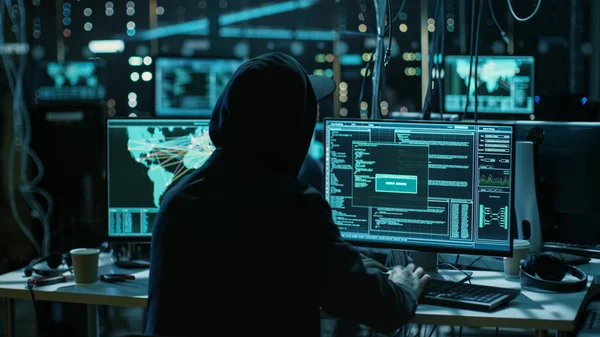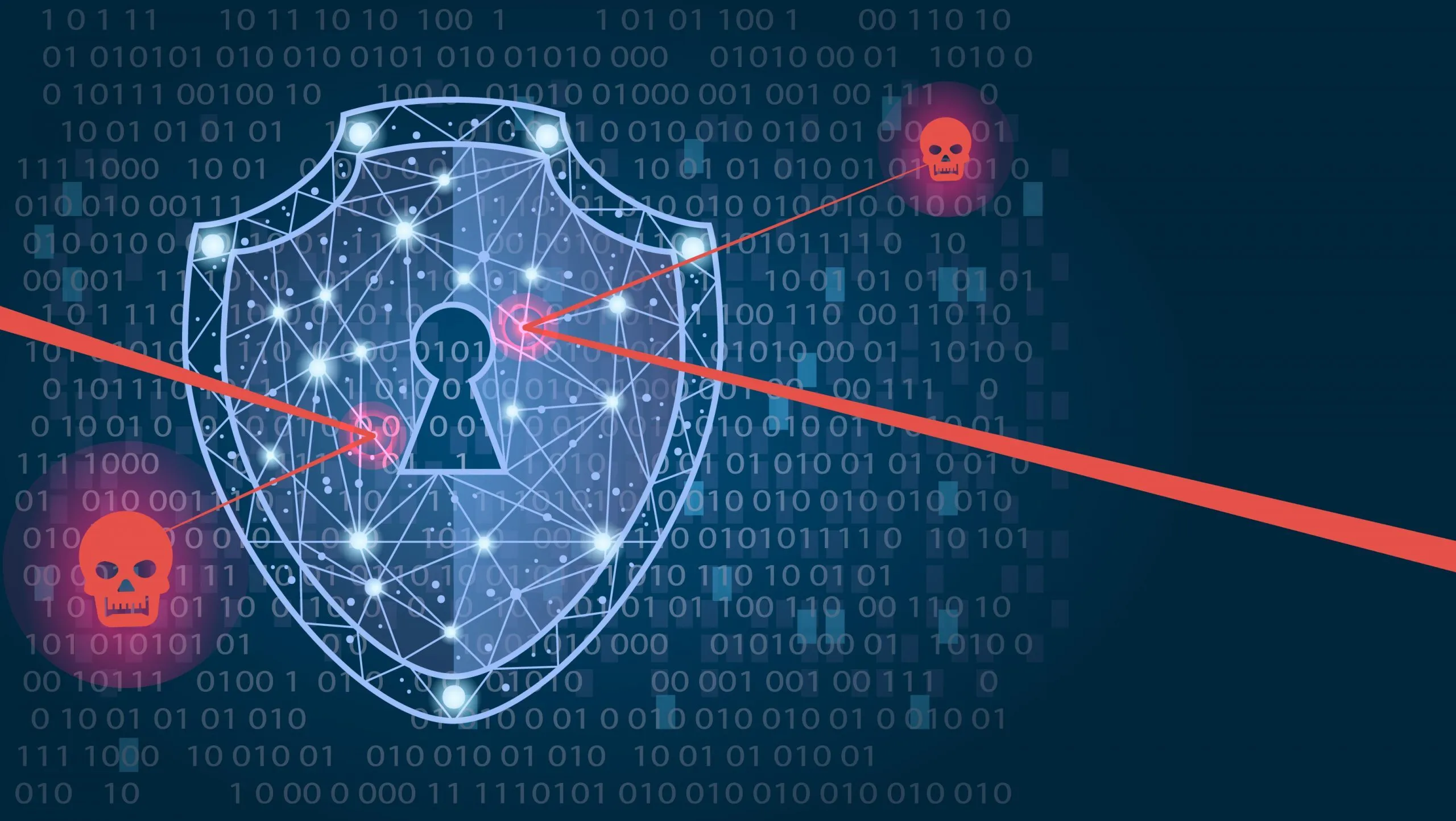In today’s technology-driven world, the threat of hacking and cyber attacks looms large over individuals and businesses alike. The idea of someone gaining unauthorized access to your computer can be unsettling, especially considering the potential risks involved. Whether it’s the theft of sensitive personal data, access to financial information, or using your computer as a launchpad for attacks on other networks, the implications of a hack can be severe. If you suspect your computer has been compromised, visit our IT Support Provider in Marquette, Not only can it help mitigate potential damage, but it is also crucial in safeguarding your sensitive information.
In this article, we will explore signs your computer is hacked and how to fix a hacked computer.
Recognizing The Signs Of Hacked Computer
Recognizing the hacked computer signs is the first step in addressing the issue. Many users miss the warning signs and only realize they are under attack when irreversible damage has occurred.
1. Decreased Performance Of Your Computer Or Networks
One sign that your computer may have been hacked is a noticeable decrease in performance. Your computer or network may become slow, freeze frequently, or crash suddenly. These issues can be caused by hackers using malicious software to gain unauthorized access to your system. Contact our Managed IT Services Bellevue team if you notice the given activities. They can run diagnostics and check for malware or viruses affecting your computer.
2. Accounts Being Locked Out
Another sign of a hacked computer is when your accounts get locked out unexpectedly. Hackers may attempt to gain unauthorized access to your accounts, leading to suspicious login attempts. This can result in your accounts being locked for security purposes. If your accounts are frequently locked out, taking immediate action is essential. Enable multi-factor authentication for added security, especially for sensitive accounts like your bank accounts.
3. Unplanned Changes To Your Files
If you notice unplanned changes to your files, it could be a sign that your computer has been hacked. Hackers may alter or delete your files, compromising your personal and sensitive information. These changes can result in losing important data or even identity theft. If you encounter unexpected file changes, addressing the issue immediately is crucial.
4. Odd Activities On Your Accounts
If you notice any unusual activities on your accounts, it might mean your computer has been hacked. These activities could include unauthorized access to your email, social media accounts, or financial transactions. Taking immediate action is essential if you suspect your computer has been compromised. Change your passwords, run antivirus scans, and seek professional help to secure your system and prevent further cybersecurity threats. Staying vigilant and recognizing the signs of a hacked computer can help protect your sensitive information from falling into the wrong hands.
5 Steps to Prevent Computer Hacking
1. Disconnect From the Internet
If you suspect your computer has been hacked, one of the first steps you should take is to disconnect it from the internet. By disconnecting from the internet, you can prevent the hacker from accessing any more of your personal information or causing further damage to your system. This step is crucial in containing the breach and minimizing its impact on your data and overall cybersecurity. After disconnecting, you should assess the extent of the hack, secure your accounts, and seek professional assistance to restore your computer’s security and functionality. Remember that acting swiftly and decisively is essential in mitigating the consequences of a cyber-attack.
2. Turn Off Your Computer
If you suspect that your computer has been hacked, the step you must take is to immediately turn off your computer. By shutting down your system, you can help prevent the hacker from accessing more of your personal information or causing further damage. It is crucial to disconnect your device from any network or the internet to minimize the potential spread of malware or unauthorized access. Once your computer is turned off, consider seeking assistance from IT professionals to assess the extent of the hack and take appropriate measures to secure your system and data.
3. Change Your Passwords
When your computer has been hacked, changing your passwords is crucial in securing your accounts and protecting your personal information. Start by updating the passwords for all your online accounts, including email, social media, banking, and any other sensitive accounts that may have been compromised. Create strong, unique passwords for each account using a combination of letters, numbers, and special characters. Additionally, consider enabling two-factor authentication for an extra layer of security. By promptly changing your passwords after a hack, you can help prevent further unauthorized access to your accounts and minimize the potential damage caused by the breach.
4. Scan Your Computer for Malware
After discovering that your computer has been hacked, it is crucial to promptly scan your system for malware. Malware can be a vital component of a hacking incident and may continue to cause damage if not swiftly removed. Utilizing reputable antivirus software, conduct a thorough scan of your computer to identify and eliminate any malicious programs that may have been installed without your consent. In addition to scanning for malware, it is advisable to change all passwords and monitor financial accounts closely for any suspicious activity to mitigate further risks associated with the hack.
5. Update Your Software
Updating your software is a critical step if your computer has been hacked. By ensuring that all your operating systems, applications, and security programs are up to date, you can help protect your device from further vulnerabilities and potential cyber threats. Regular software updates often include patches for known security issues, which can help strengthen your computer’s defenses against future hacking attempts. Be sure to enable automatic updates whenever possible to ensure your software remains current and effectively safeguards your system from malicious attacks.
Conclusion
Acting quickly if you believe your computer has been hacked is essential. Recognizing signs such as decreased performance, locked accounts, file changes, or unusual activities is necessary. Follow these steps: disconnect from networks, change passwords, check for leaked details, inform contacts, and seek legal advice. Secure your computer by handling emails carefully, safe browsing, using strong passwords, and enabling multi-factor authentication. Understanding the impact of a hack and taking necessary precautions can help prevent future breaches. Stay vigilant and prioritize cybersecurity measures to protect your computer and digital assets.

